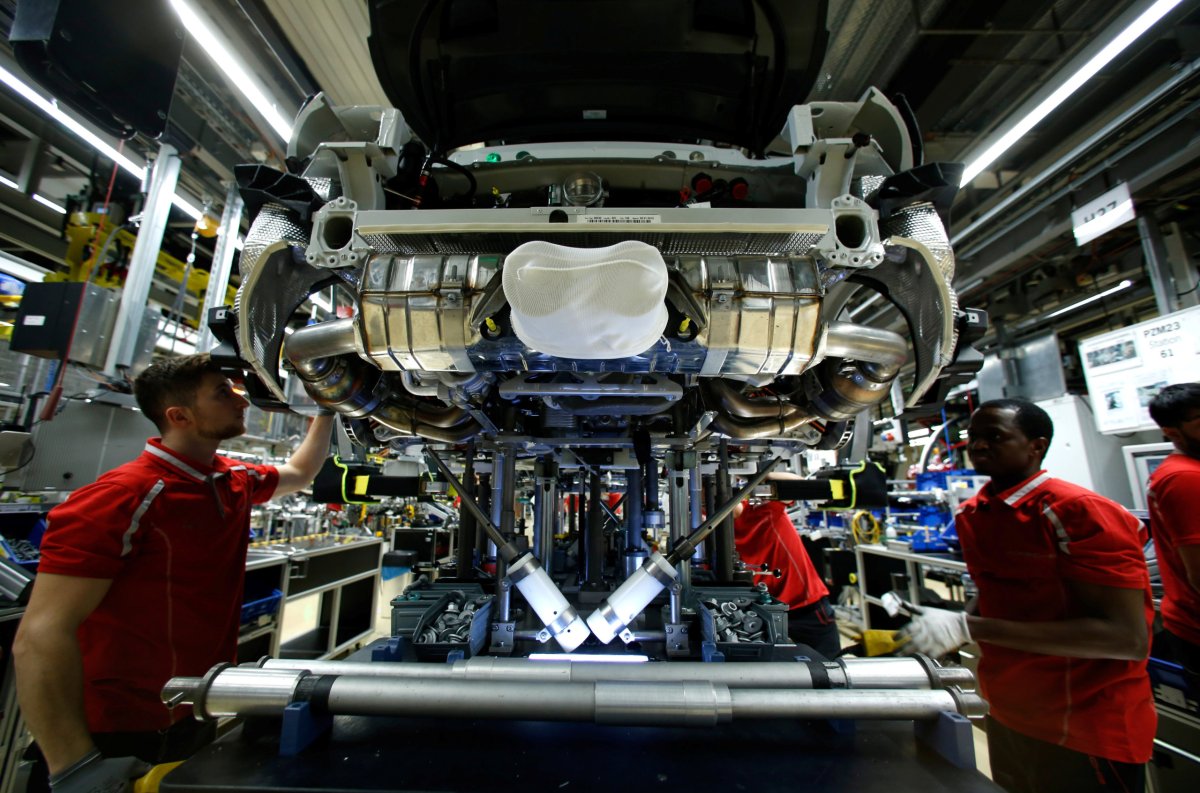By Jonathan Cable
LONDON, Sept 5 (Reuters) – Euro zone business activity accelerated slightly last month, extending a period of solid growth, but a growing global trade war kept optimism in check and suggests the pace may not be maintained, a survey showed.
IHS Markit’s Euro Zone Composite Final Purchasing Managers’ Index (PMI), seen as a good guide to economic health, nudged up in August to 54.5 from July’s 54.3, just above an earlier flash estimate of 54.4. Anything above 50 indicates growth.
August’s surveys point to quarterly euro zone economic growth of 0.4 percent, matching a forecast in a Reuters poll last month, IHS Markit said. But it also questioned whether the pace could be maintained next quarter. [ECILT/EU]
“The euro zone PMI shows the recent run of robust growth of business activity, new orders and employment extending into August,” said Chris Williamson, chief business economist at IHS Markit.
“However, the expansion is looking increasingly uneven and the business mood has become more unsettled during the summer. The downturn in optimism raises questions over whether this pace of growth can be sustained.”
An index measuring optimism sank to a near two-year low of 61.6 from 63.1. Purchasing managers were spooked about the impact of trade wars, IHS Markit said.
U.S. President Donald Trump has said he is ready to implement new tariffs on Chinese imports as soon as Thursday, which would be a major escalation after Washington earlier applied tariffs on $50 billion of exports from China.
A PMI covering the euro zone’s dominant service industry rose to 54.4 from 54.2, in line with a preliminary reading but well shy of readings witnessed around the start of the year.
Still, forward-looking indicators were also more positive last month, with new business and backlogs of work accelerating. An index measuring employment — which is a lagging indicator — rose to 55.3 from 54.6, its highest since October 2007.
(Editing by Catherine Evans)



















